David Fincher is one of our greatest modern directors, and I’d put him right up there with Quentin Tarantino, the Coen brothers, and (my personal favorite), Paul Thomas Anderson.
He’s made so many great movies that it’s kind of difficult to pick his best. In fact, my colleague, Alexandra Ramos, settled on The Social Network as being her personal favorite of his.
However, when it comes to Fincher, there can only be one number one movie for me. Released early in the director’s career, I’m pretty sure that Fight Club (with that twist!) will always be my favorite David Fincher movie, and here’s why.
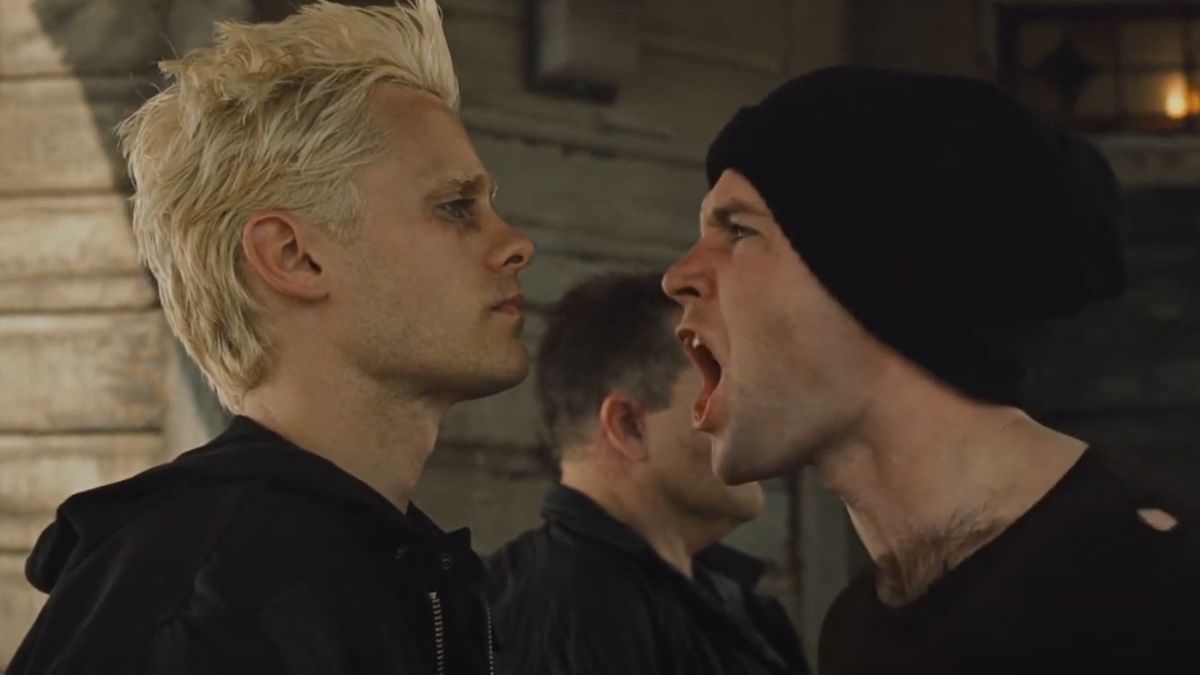
It Truly Represents A Time And A Place Better Than Any Of His Other Movies. Yes, Even More so Than The Social Network
Believe it or not, but Fight Club came out 25 years ago. That’s right. It’s part of that very exclusive club of movies that came out in 1999, the same year as The Matrix, The Sixth Sense, and The Talented Mr. Ripley (Which I wish somebody had told me just how good it was all those years ago).
However, of those aforementioned films, none of them (Besides maybe The Matrix) really represents that late ‘90s, early 2000’s vibe for me. Nowadays, Fight Club is seen as an excellent film–an important film. But, back then, I remember the very meathead attitude people had toward it.
My friends, all in high school at the time, watched the movie and totally missed the point. We formed a fight club in my friend’s basement, and would warn each other not to tell anybody else about our new club…only to immediately tell other people about our new club.
But, can you blame us? Much like in the film, the idea of masculinity was changing. Calvin Klein ads featured images of men in their underwear, and we were slowly but surely leaving the muscle-bound men of the early ‘90s behind for something much more…urbane? Maybe even introspective?
Even though the film was actually critiquing that reflexive attitude toward this shift, none of us really got that at the time, and I feel like Fincher perfectly encapsulated the zeitgeist better than any of his other movies. And, I’m talking even more so than The Social Network, which is often considered Fincher’s most on-the-pulse film, since it centers on the inception of Facebook.
Given how much social media has changed, though, since 2010 when The Social Network first debuted, I feel like Fight Club truly represents a time and a place more than any of Fincher’s other films. It just perpetually lives in the late ‘90s for me.
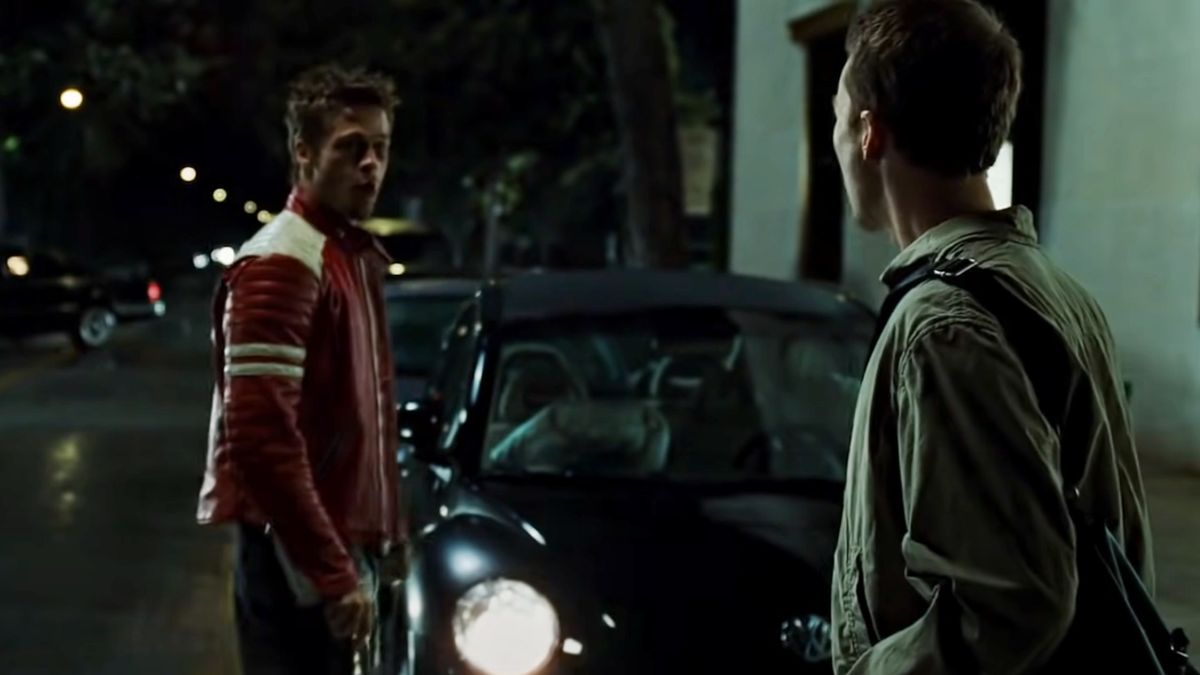
It Is Fincher At His Most Playful, Which You Don’t Often See In His Work
In our list of the best horror movies of all time, we put David Fincher’s Se7en, at number three, beating out such horror classics as Jaws, Alien, and even The Exorcist. And, keep in mind, Se7en is not often categorized as a horror movie, but rather, as a crime thriller film. That’s just how damn dark the movie is!
But, Fincher just has a tendency to go dark. Zodiac, if it’s to be believed, is even darker than Se7en, and most of his films, from The Girl With the Dragon Tattoo to Gone Girl, lean more into the darkness. Sure, films like The Social Network, and The Killer definitely employ elements of humor, but I truly feel like Fincher has never achieved the sheer playful puckishness that he has with Fight Club.
Tyler Durden, for all of his anarchistic tendencies, is also quite funny. He always has a smirk on his face, and many people (especially young people like myself at the time) interpreted this as cool. As we all know now, Tyler is just a projection of our narrator, but our narrator is also quite funny in a droll sort of way himself.
This seeps into the overall tone of the film, which feels whimsical, even amidst all of the darkness. In that way, Fight Club still feels like Fincher’s most accessible film, and, in my opinion anyway, also his greatest.
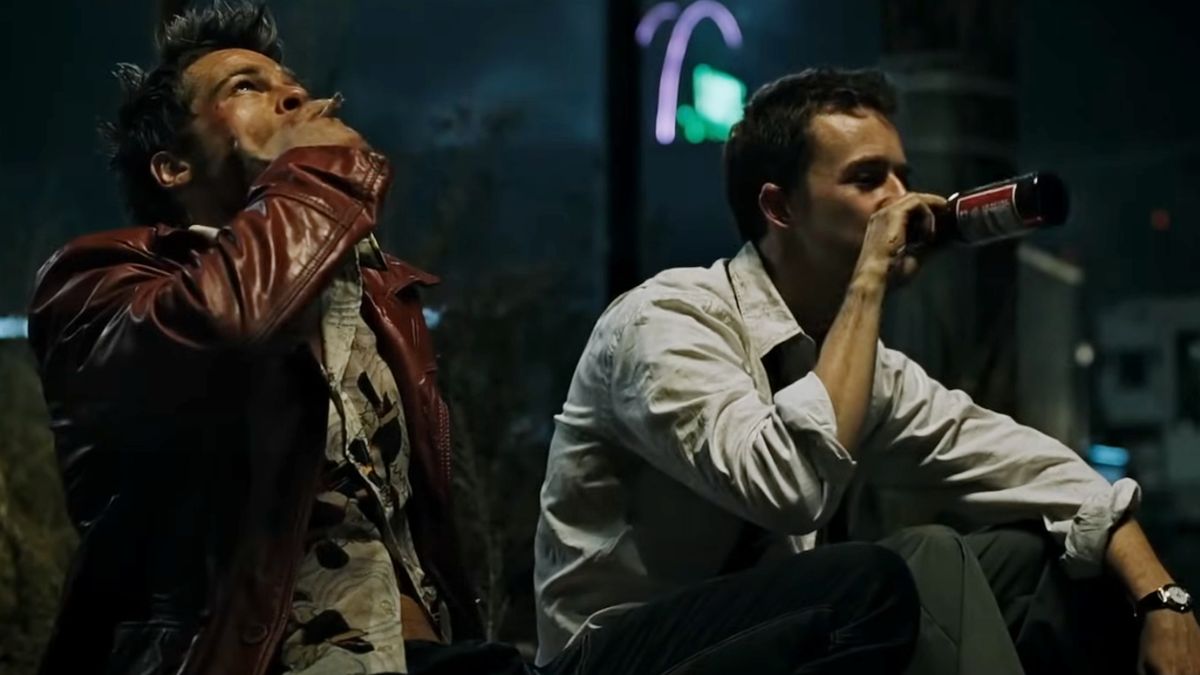
It Also Pulls Out Arguably Brad Pitt’s And Edward Norton’s Best Performances In Their Entire Careers
Speaking of Tyler Durden and our narrator, I don’t think this movie would be anywhere near as effective if not for Brad Pitt and Edward Norton, respectively.
You have to remember. The year was 1999, and Brad Pitt was not the 60-year-old (But still hot) Oscar-winner that he is today.
No, back then, with his six-pack abs, and super ‘90s haircut, he was picture perfect of what was supposed to be the “ideal man” (Which, as I mentioned earlier, the film is taking the piss out of as Brad Pitt very much looked like “the ideal man,” even though Norton’s character criticized that whole sculpted physique–while, at the same time, shaping his whole personality around it).
And, Norton plays the perfect schlub-turned-tough guy. His transformation is subtle, but effective. Even more so than the one in American History X, where he plays a neo-Nazi. Honestly, as an immense fan of both actors, I have to say that Fight Club is both of their best performances, and by a wide margin.
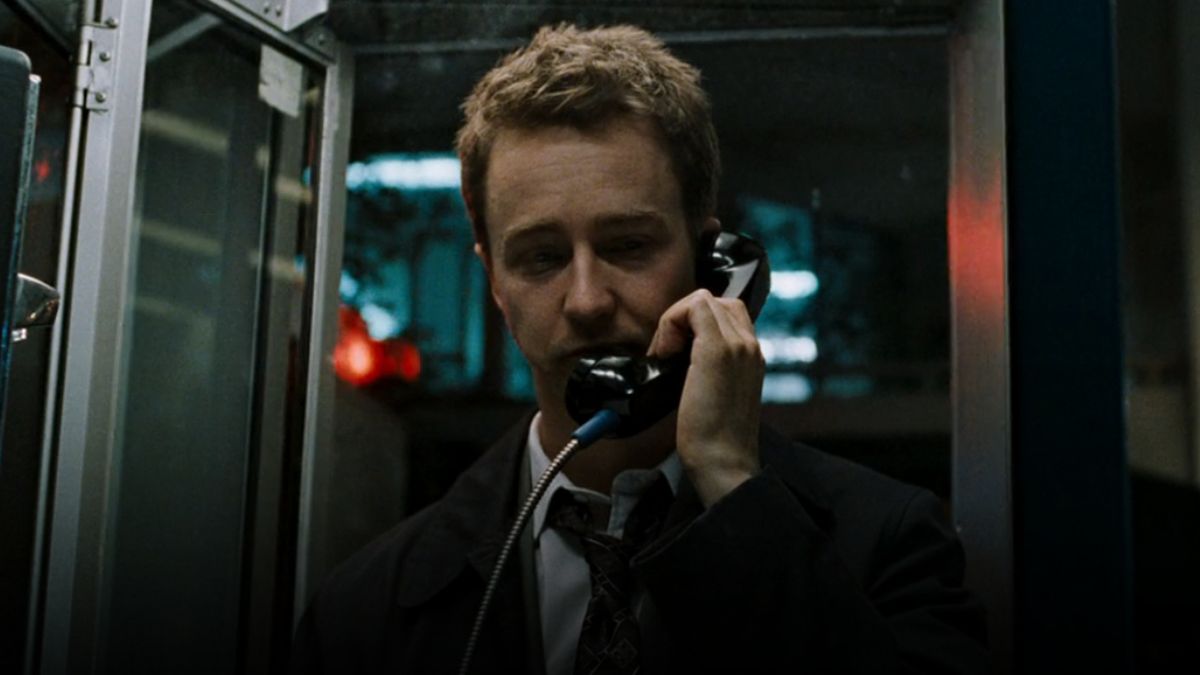
It Is One Of Few Adaptations That’s Arguably Superior To The Book, Which Is Also Excellent
You know, for a time, I read every novel by Chuck Palahniuk (Who himself is gay).
I stopped at Damned, but I was an avid reader for well over a decade. Still, I think Fight Club is probably my second favorite novel of his (My first being Survivor).
That said, I think Fincher’s adaptation is one of the few examples of a movie that is superior to the book.
The wry tone is definitely present in the novel, but I think it’s magnified in the movie. Norton is also pitch perfect casting for the protagonist, and I think he’s even better in the film than his character is in the book, who sometimes feels needlessly aloof. I also really like how the events play out in the film, as I just think it has better pacing.
So, in every way, I feel like the film version of Fight Club is better than the book. In fact, It’s one of the few instances that I would tell people to just watch the movie if they don’t have time to read the novel.
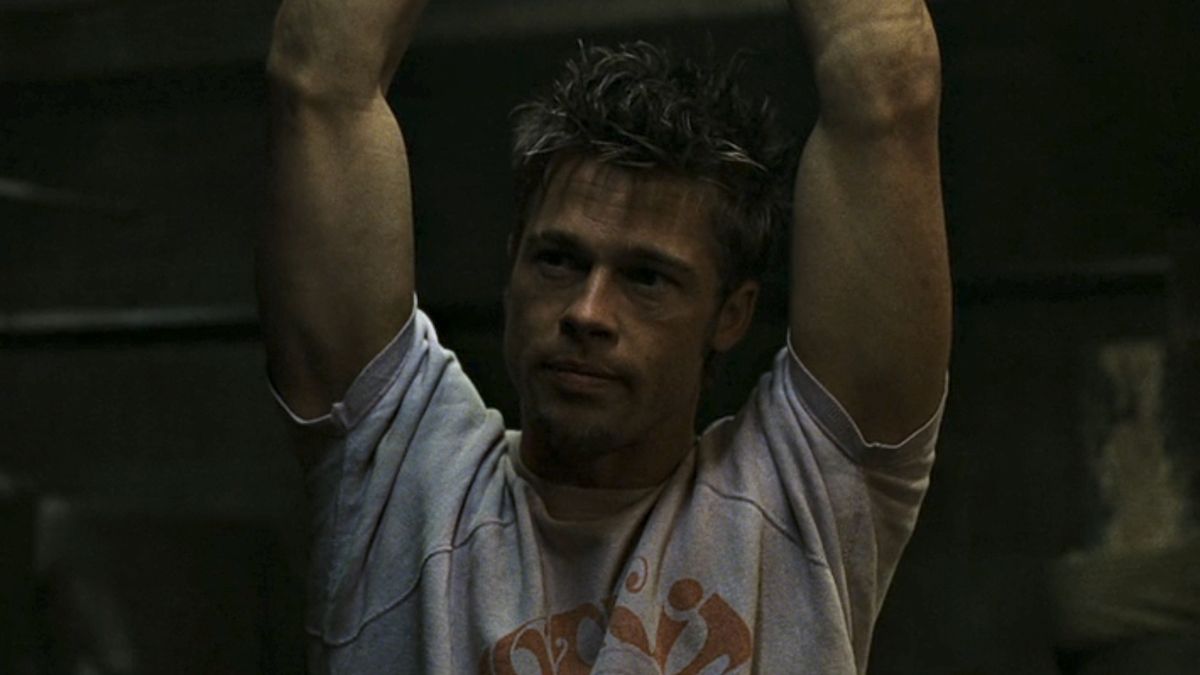
It Has Only Grown More Respected And Revered Since It Initially Came Out
Lastly, even though most of Fincher’s films have a great shelf life, I feel like Fight Club is the one film of his that has become the most revered.
And, I think this is because it was heavily misinterpreted when it initially came out, just as I said earlier. Fight Club is a story that was way ahead of its time, and it’s taken years for people to finally catch up to it.
I kind of liken it to Joker. A lot of people saw Arthur Fleck as being cool, which I don’t think was the director’s intention. In fact, I think Todd Phillips was kind of annoyed by this reaction, which was why he probably pivoted so hard with its sequel, Joker: Folie a Deux.
Now, I personally don’t believe Folie a Deux will be reappraised as some masterpiece in a decade’s time, but Fight Club has certainly been elevated to that status, and rightfully so!
And, that’s the list, my fellow soap enthusiasts. For more news on all things related to David Fincher, be sure to swing by here again.